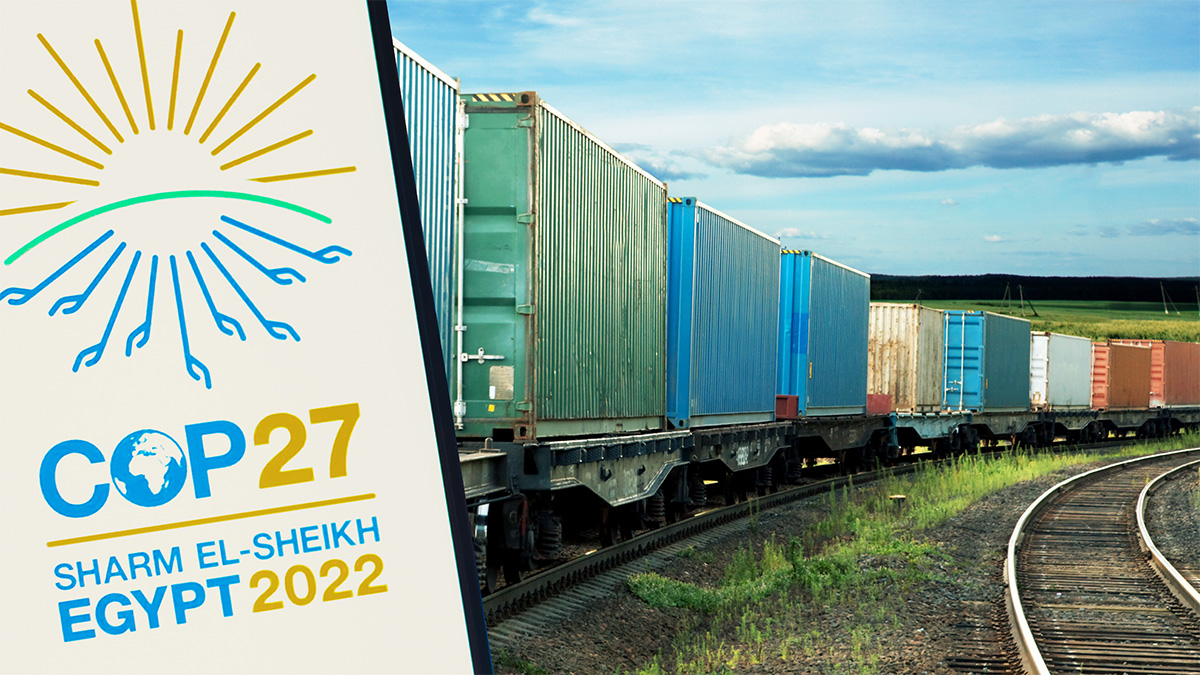
The COVID-19 pandemic showed the extreme vulnerability of landlocked developing countries (LLDCs) to disruptions to global supply chains. Measures taken to prevent the spread of COVID-19 - such as closure of borders reduced connectivity of LLDCs to regional and global markets and further underscored importance of resilience of transport systems.
The outcome of the Second UN Global Sustainable Transport Conference called for addressing the needs of countries in special situations by expanding sustainable transport systems and infrastructure. It also called for accelerating efforts to decarbonize passenger and freight transport across all transport modes (road, rail, waterborne and aviation) while paying special attention to the needs of countries in special situations.
Objective:
This High-level event will discuss how to ensure that transport systems are sustainable, resilient and adapted to the impacts of climate change, while also supporting climate change mitigation.
The session will further provide a platform for participants to identify needs, and share best practices, available tools, strategies and recommendations for developing sustainable transport and resilient infrastructure.
Expected Outcome:
- Increase awareness of the important transport related challenges faced by LLDCs as a result of climate change.
- Identify successful solutions and approaches that can be adopted, adapted or scaled up in LLDCs.
- Support the development and implementation of sustainable and climate resilient transport systems, including support for capacity building.
- The issues discussed will feed into the preparations of the Third United Nations Conference on LLDCs to be held in 2024.
Programme:
Welcoming remarks by H.E. Mr. Collen Vixen Kelapile, Ambassador Extraordinary and Plenipotentiary Permanent Representative of Botswana to the United Nations and Global Chair of the LLDCs (Moderator)
Speakers:
- The Honourable Lemogang Kwape, Minister of Foreign Affairs of the Republic of Botswana and Global Chair of the Group of LLDCs
- Rabab Fatima, Under-Secretary-General and High Representative for the Least Developed Countries, Landlocked Developing Countries and Small Island Developing States (UN-OHRLLS)
- Rebeca Grynspan, Secretary General of the United Nations Conference on Trade and Development (UNCTAD) (Video message)
- Antonio Pedro, Acting Executive Secretary of United Nations Economic Commission for Africa (UN-ECA)
- E. Mangaliso Ndlovu, Minister of Environment, Climate, Tourism and Hospitality Industry, Zimbabwe
- Faustin Munyazikwiye is Deputy Director General (DDG) of Rwanda Environment Management Authority (REMA), Rwanda
- Gurbuz Gonul, Director, Country Engagement and Partnerships, International Renewable Energy Agency (IRENA)
- Sara Sekennes, UN Resident Coordinator to Lao PDR


